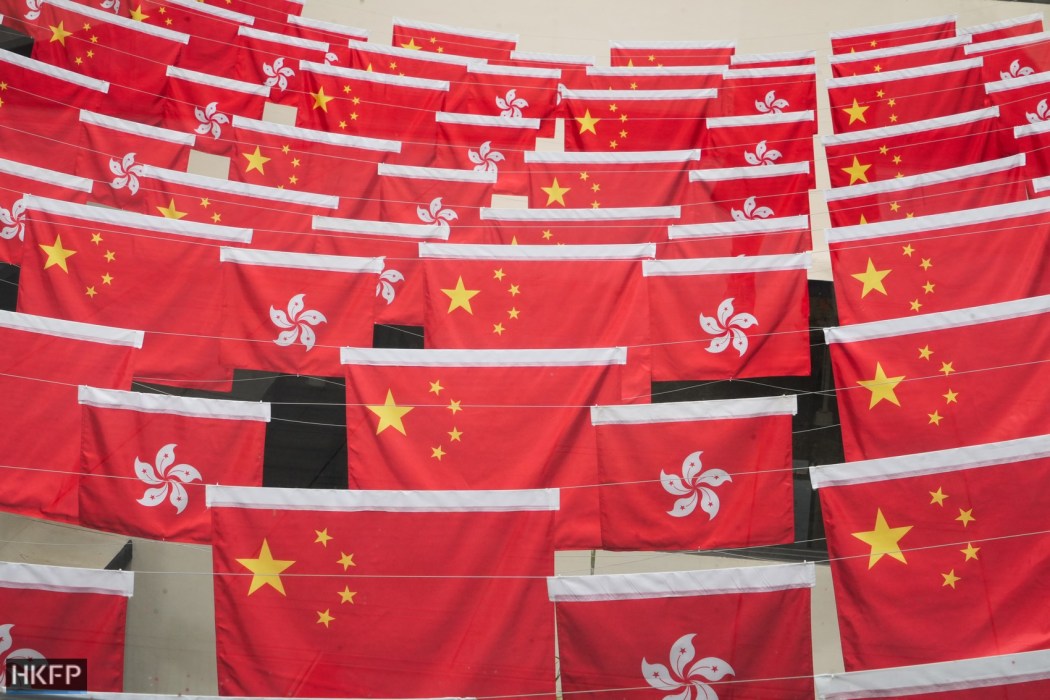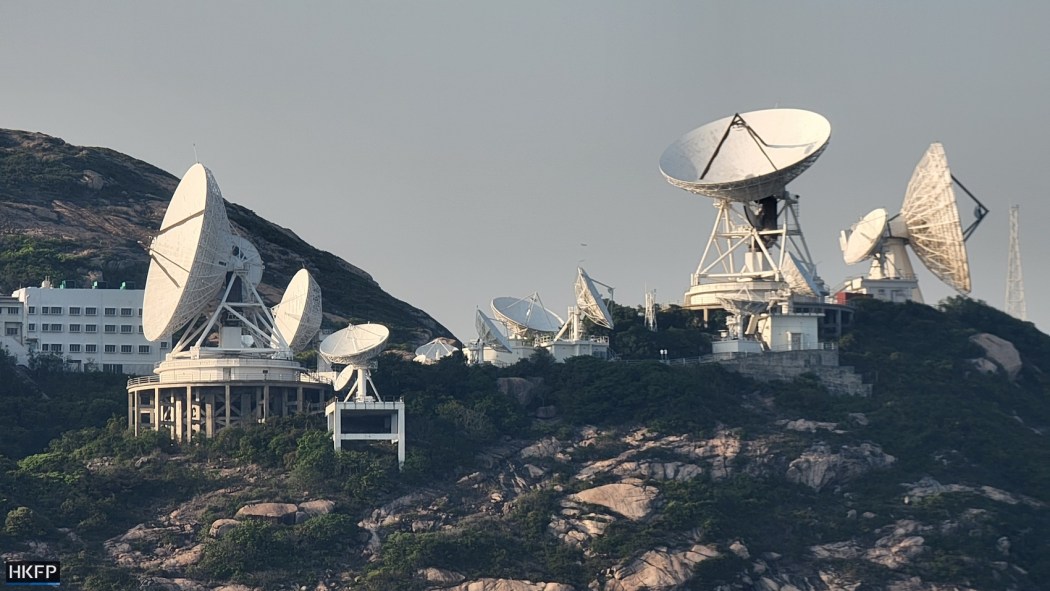Hong Kong’s free-to-air television and radio broadcasters have been ordered by the government to air at least 30-minutes of patriotic and national security programming per week.

The Communications Authority’s recommendations were accepted by the Chief Executive in Council on Tuesday as part of a mid-term review.
Three free-to-air TV licensees and two sound broadcasters are affected: “On top of the existing required broadcast hours of current affairs programmes under the category ‘current affairs,’ licensees shall also broadcast no less than 30 minutes of programmes on national education, national identity and National Security Law (NSL) per week,” the recommendations said.
Meanwhile, the weekly TV programming quota for “young persons” was doubled, whilst the minimum number of hours for children’s programming was halved. “Allow a weekly, instead of a daily quota for children’s programmes, and reduce the total broadcast hours of children’s programmes by 50% to 14 hours per week for each licensee,” the recommendations continued.

The required broadcast hours for English programming on English-language radio stations was reduced from 80 per cent to 55 per cent.
In June 2020, Beijing inserted national security legislation directly into Hong Kong’s mini-constitution – bypassing the local legislature – following a year of pro-democracy protests and unrest. It criminalised subversion, secession, collusion with foreign forces and terrorist acts, which were broadly defined to include disruption to transport and other infrastructure. The move gave police sweeping new powers, alarming democrats, civil society groups and trade partners, as such laws have been used broadly to silence and punish dissidents in China. However, the authorities say it has restored stability and peace to the city.
iCable pay TV axed
The Chief Executive in Council also approved the termination of the pay TV licence for Hong Kong Cable Television Limited (HKCTV) from June 1.
Last September, HKCTV sought permission to surrender its pay TV licence. A Tuesday government press release said no exit barriers would be erected. “Having considered the views of the CA, the CE in Council agrees that HKCTV’s surrender of licence is purely a commercial decision, and it should be up to HKCTV to assess its own business prospects.”

A spokesman for the Commerce and Economic Development Bureau added that it recognised there was a difficult business environment for broadcasters: “The Government has reminded HKCTV to properly handle the exit/migration arrangements of its subscribers so as to protect consumer rights, as well as to handle the follow-up arrangements for its staff.”
The 12-year licence was originally renewed in 2016, and had held validity until 2029. Shares in i-Cable Communications halted on Tuesday.
Other HKCTV services, such as free-to-air Fantastic TV, will not be affected.
Support HKFP | Policies & Ethics | Error/typo? | Contact Us | Newsletter | Transparency & Annual Report | Apps
Help safeguard press freedom & keep HKFP free for all readers by supporting our team
























